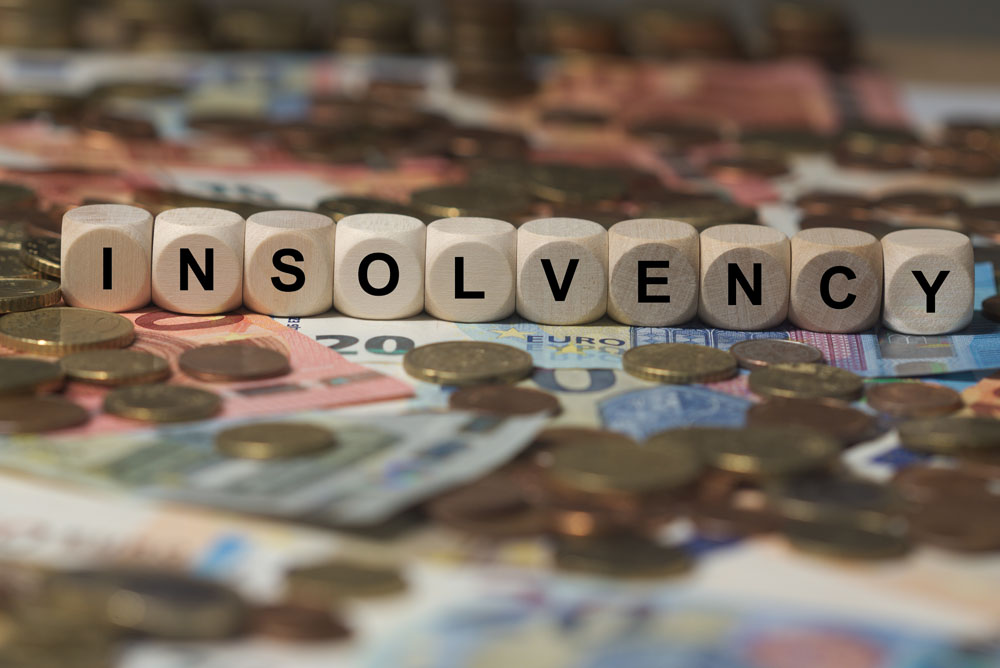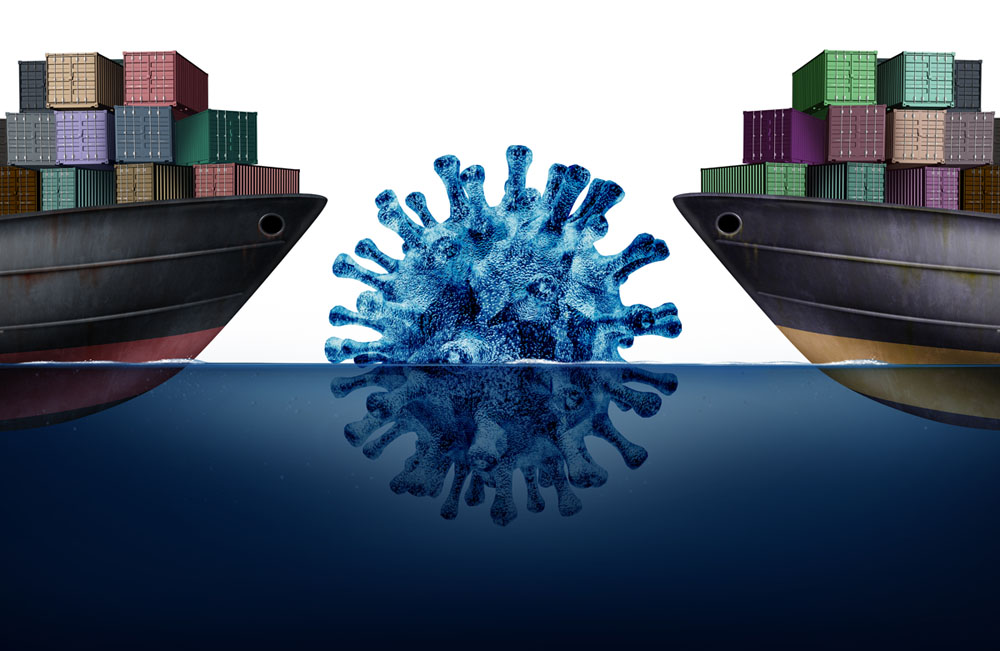In the wake of mega data breaches and privacy scandals, major IT outages and the introduction of tighter data protection rules in the European Union and other countries, cyber risk is now a core concern for businesses in 2019 and beyond. According to the Allianz Risk Barometer 2019, Cyber incidents (37 percent of responses) are neck-and-neck with Business interruption (BI) (37 percent of responses) as the top business risks globally . Climate change (#8 with 13 percent of responses) and Shortage of skilled workforce (#10 with 9 percent of responses) are the biggest climbers globally.
At the same time, companies are more worried year-on-year about Changes in legislation and regulation (#4 with 27 percent of responses) resulting in impacts such as Brexit, trade wars and tariffs. The annual survey on global business risks from Allianz Global Corporate & Specialty (AGCS) incorporates the views of a record 2,415 experts from 86 countries including CEOs, risk managers, brokers and insurance experts.










